



The editorial points out that US tariffs have had a global impact, causing unrest. Business executives are worried about global economic uncertainty due to these tariffs. Key points include the worldwide turmoil triggered by US tariffs and the concerns among business leaders. In conclusion, the impact of US tariffs on the global economy and business sentiment is significant.
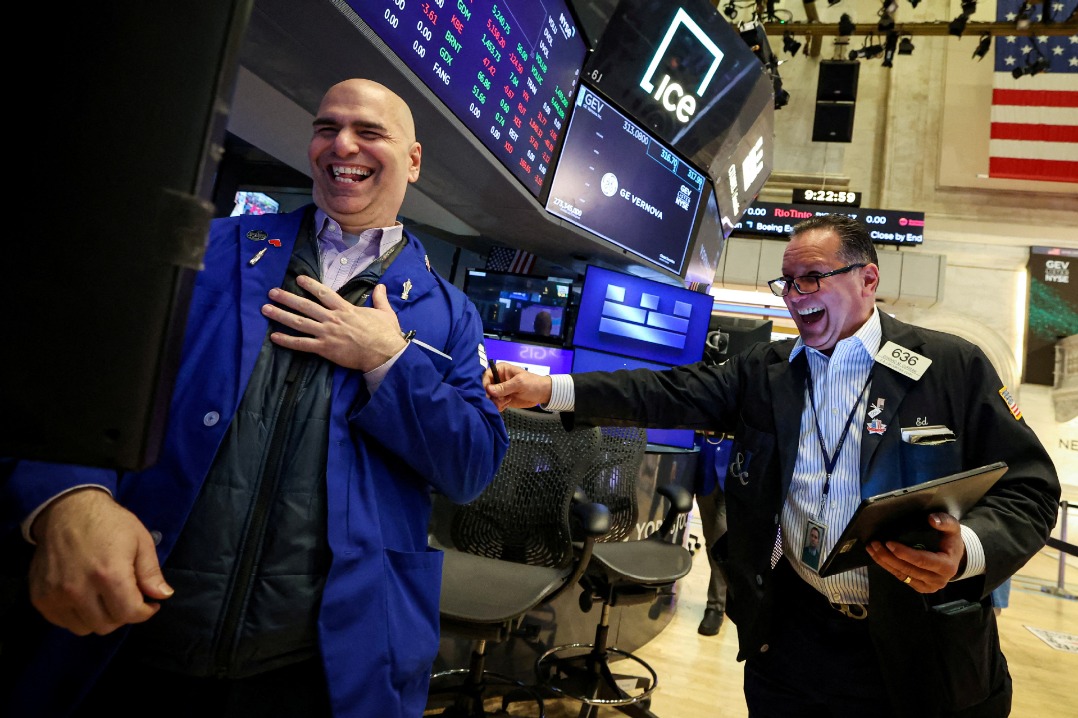
US stocks advanced on Tuesday, as investors grew optimistic that US-China trade tensions may soon ease, following reassuring remarks from the US Treasury Department.

Operators at Yiwu expand horizons, diversify products to counter disruptions
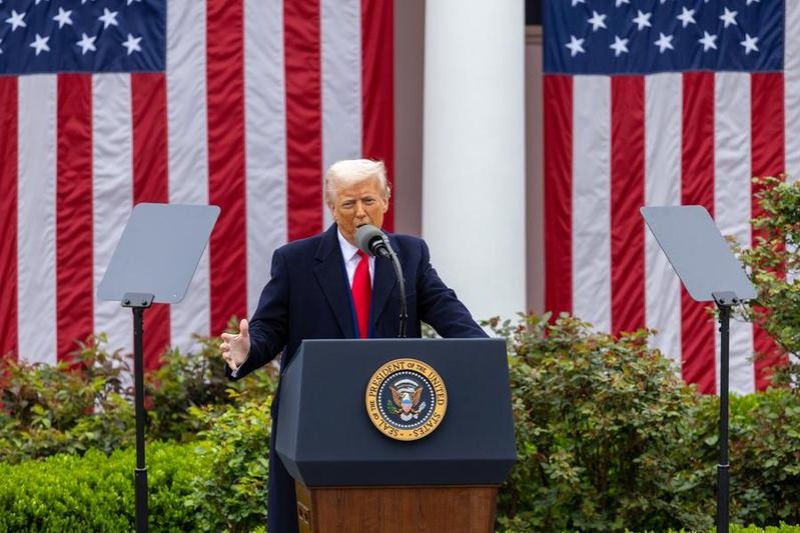
The tantamount tariff terrorism of the United States has given the rest of the world the opportunity to rethink its trade relationships. After slapping the world with wide-ranging punitive tariffs and then pausing some tariffs for 90 days, the US administration has escalated its de facto trade terror tactics by seeking to use the tariffs as leverage to get its trade partners to cut their trade ties with China if they want relief from the US pressure.

China COSCO Shipping Corp Ltd said on Monday that it firmly opposes the US accusations and its subsequent measures on China's maritime, logistics and shipbuilding sectors.
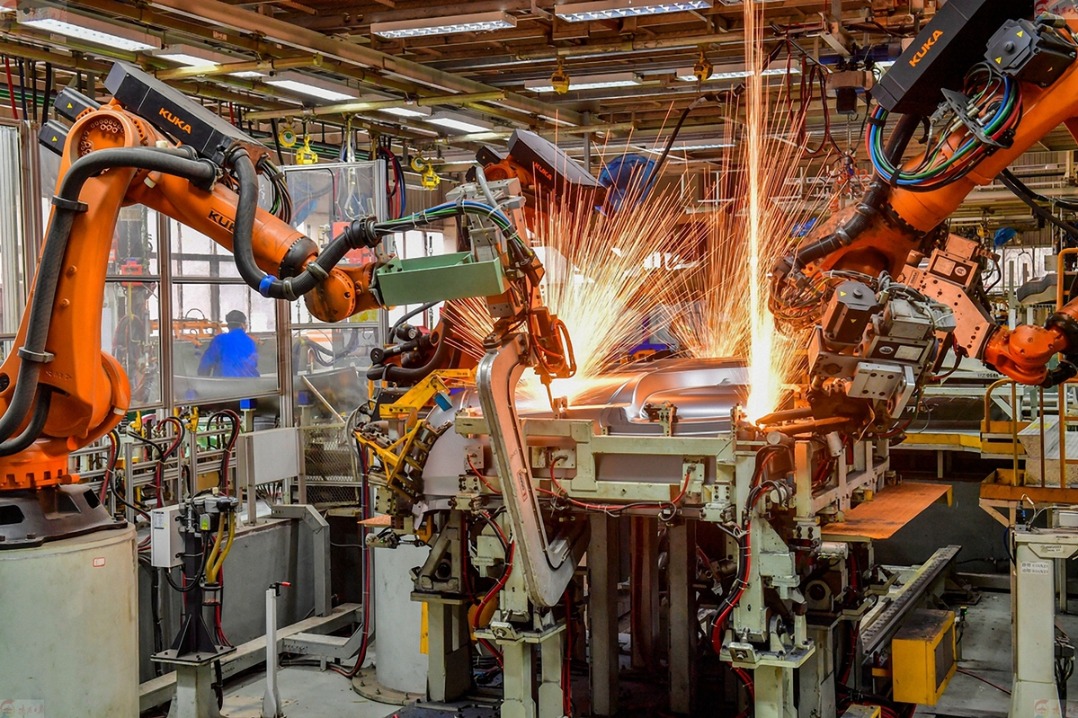
The recently announced reciprocal tariffs by the United States, which exceeded market expectations in both scale and scope, have caused significant volatility in global financial markets.
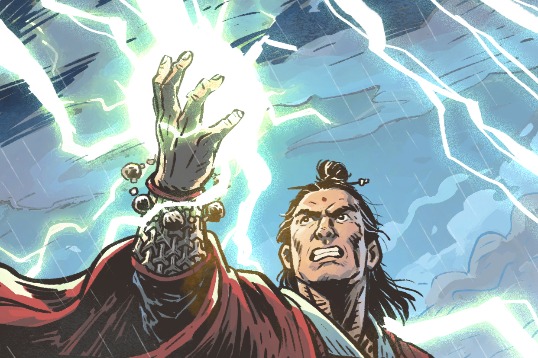
On April 8, the United States government announced a steep increase in "reciprocal tariffs" on imports from China — raising them to 84 percent — and followed the move with additional measures, pushing tariffs on Chinese goods as high as 245 percent.
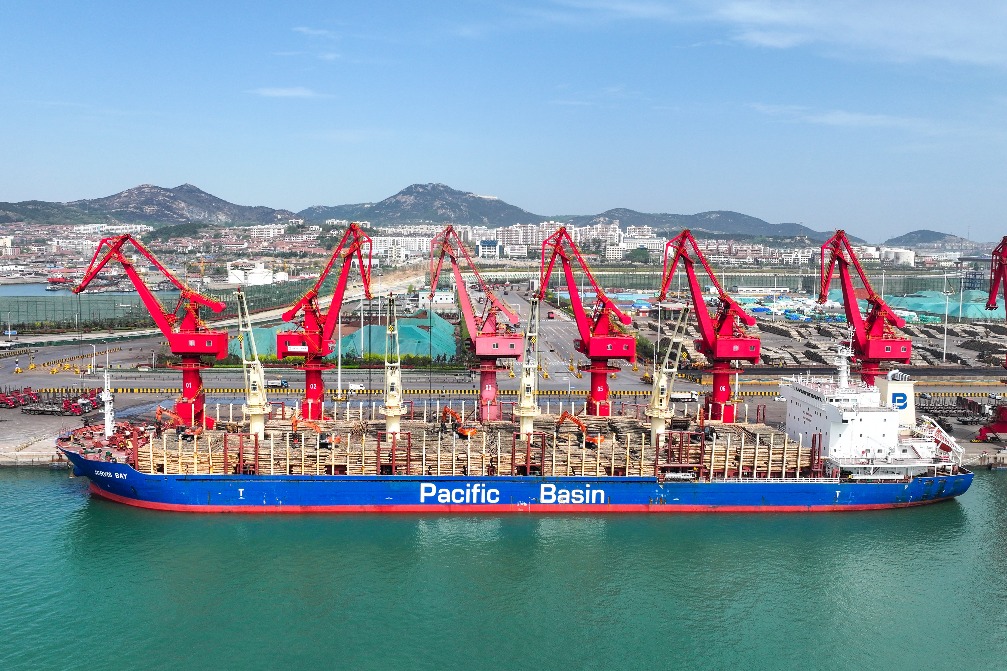
China firmly opposes any deal at expense of its interests: commerce ministry on US tariffs

The global economic landscape faces profound uncertainty following the imposition of sweeping tariffs by the United States, a move that has already triggered retaliatory measures, market volatility, and warnings of severe disruption to international trade and supply chains.


Global business and economic leaders criticize the US tariff policies. Key points: these policies may harm both the world economy and the US economy. Conclusion: the article will further explore this issue.
Zhang Yansheng from the Chinese Academy of Macroeconomic Research, in an interview with China Perspective, pointed out that the Trump administration's tariff war shows the US is retreating from its role in global trade liberalization. Key points: China should turn the tariff situation into an opportunity by expanding domestic demand, and deepening reforms and opening up. Conclusion: This can bring prosperity through more interaction and cooperation between China and the world.

US using 'brute force' to compel others to fund its trade deficit

Chinese e-commerce platforms are helping exporters sell products domestically to counter US tariff hikes and expand domestic demand. JD will buy $27.3 billion worth of goods from exporters in a year. Alibaba's Taobao and Tmall will assist 10,000 foreign - trade companies. PDD plans to invest 100 billion yuan in three years. These measures can help exporters in the short - term and foster a new consumption ecosystem in the long - term. Also, DHgate is popular in the US due to TikTok - driven consumer education.
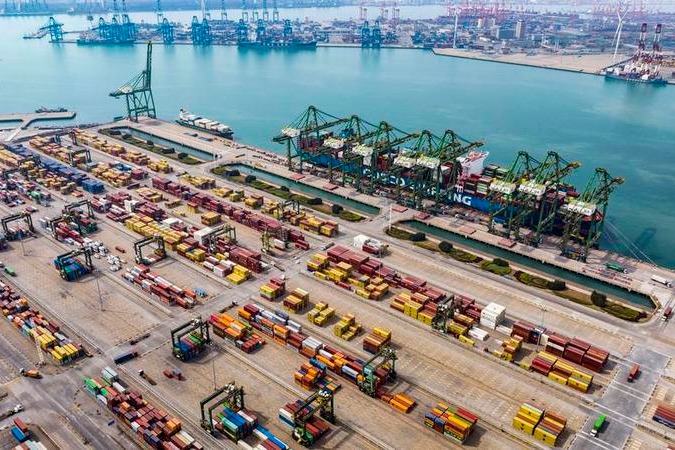
China has taken note of the accumulation of various tariffs imposed by the United States, which have reached as high as 245 percent on certain Chinese exports, a clear indication of the US administration’s reckless weaponization of tariffs, the Ministry of Commerce said on Wednesday.
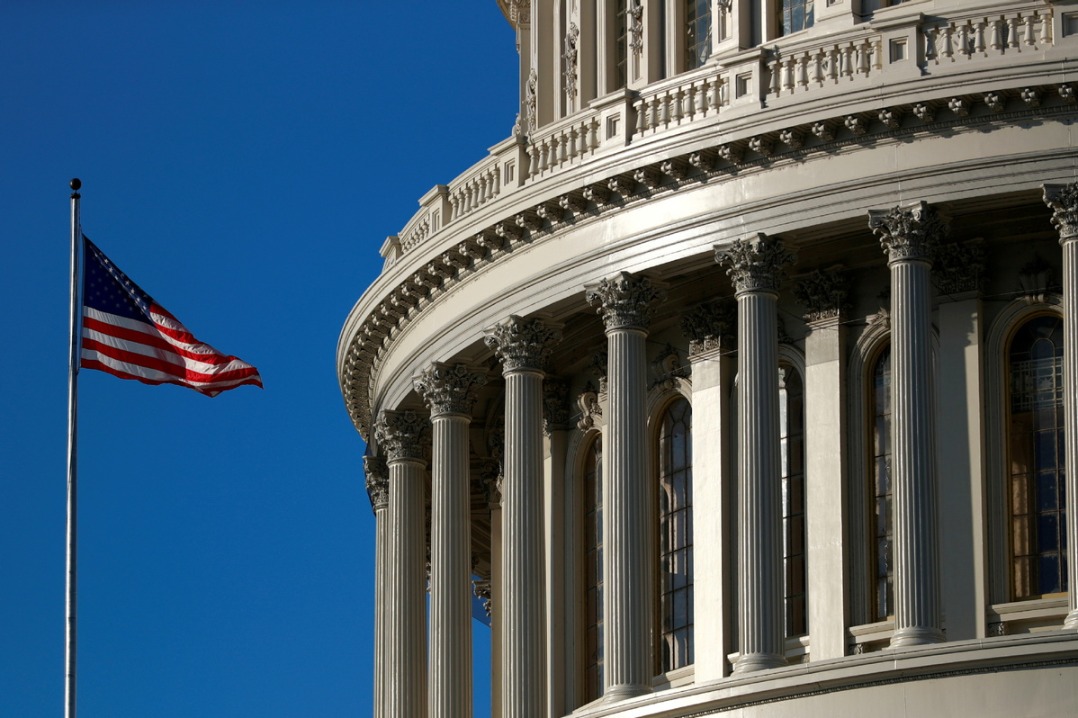
The US administration has long accused foreign countries of taking advantage of the United States at the expense of domestic jobs and US industries. In US President Donald Trump's view, the US has received less return value and resources for what it has given the world in terms of the amount of money, trade preferences and other resources. "They're ripping us off" is his constant refrain.

Experts say the US government's tariff hikes on small Chinese packages disrupt trade order, harm US consumers, and prompt Chinese e - commerce platforms to adjust. Key points: the new tariffs start from May 2; they increase US consumers' costs and curb the US economy; Chinese e - commerce should expand channels and build overseas warehouses. Conclusion: Chinese online retailers should enhance product value, brand awareness, and explore diverse markets.

The United States' trade tension with China will hurt American farmers, CNN reported on April 13.
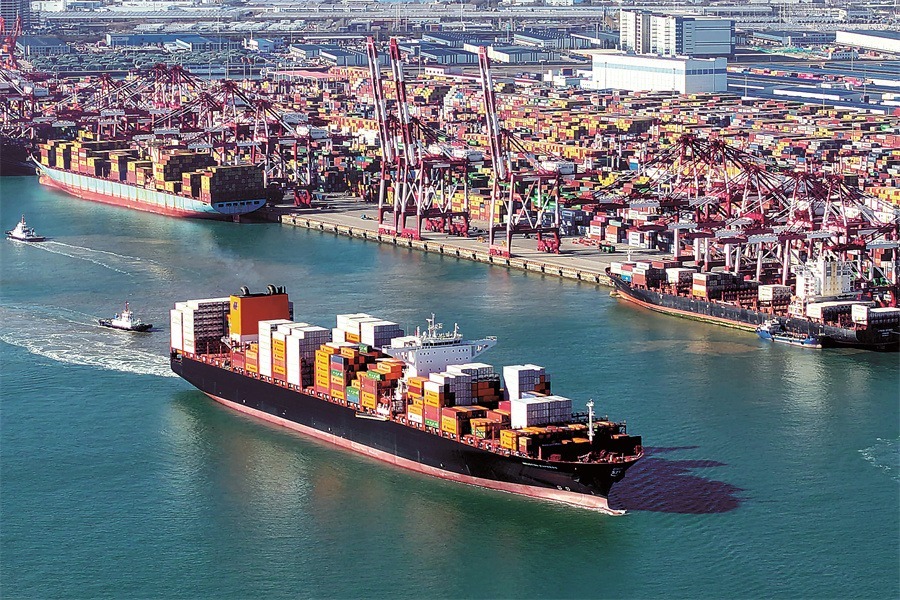
China will step up market diversification and reduce reliance on the US market
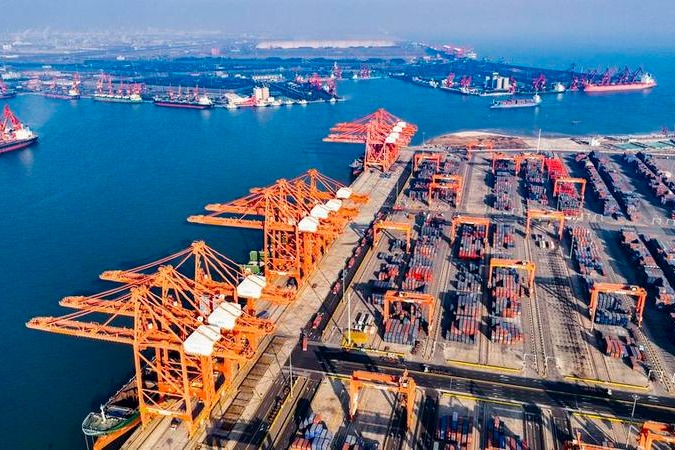
Despite a complex and challenging external environment, "the sky won't fall" for China's export, a Chinese customs official told a press conference on Monday.
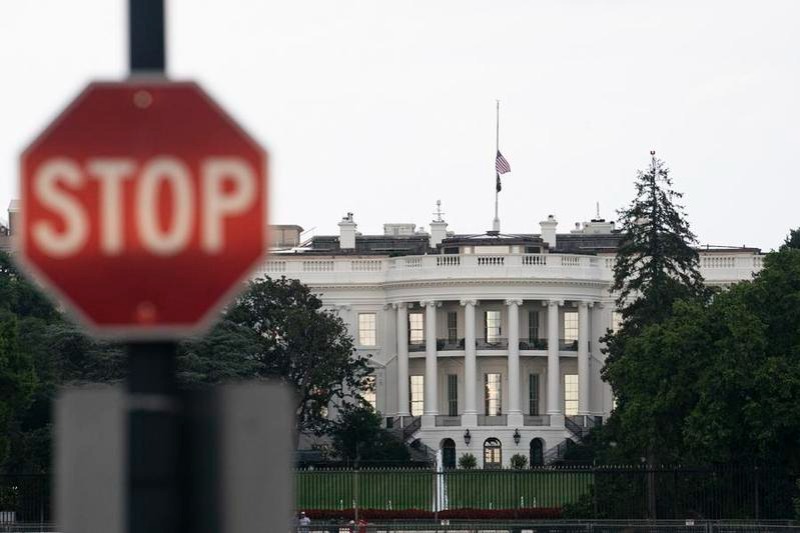
The article presents views of global influential figures on the latest US tariff policy. Key points include: trade wars are negative, especially harmful to vulnerable developing countries; there's a risk of a financial crisis; the world trade system has changed; long - term tariffs may lead to a worse situation than 2008. Many oppose high tariffs, believing they could weaken the dollar and destabilize the economy.

The article discusses the impact of US tariffs, especially those under Trump's administration. Key points include: Trump's high - tariff policies face global push - back; China can buffer external pressure with its economic scale and domestic - demand - led growth. US tariffs on China backfired, increasing inflation and recession risks. China should safeguard WTO authority, coordinate with affected economies, and may impose retaliatory tariffs. An equal Sino - US trade deal is possible based on parity and mutual benefit.
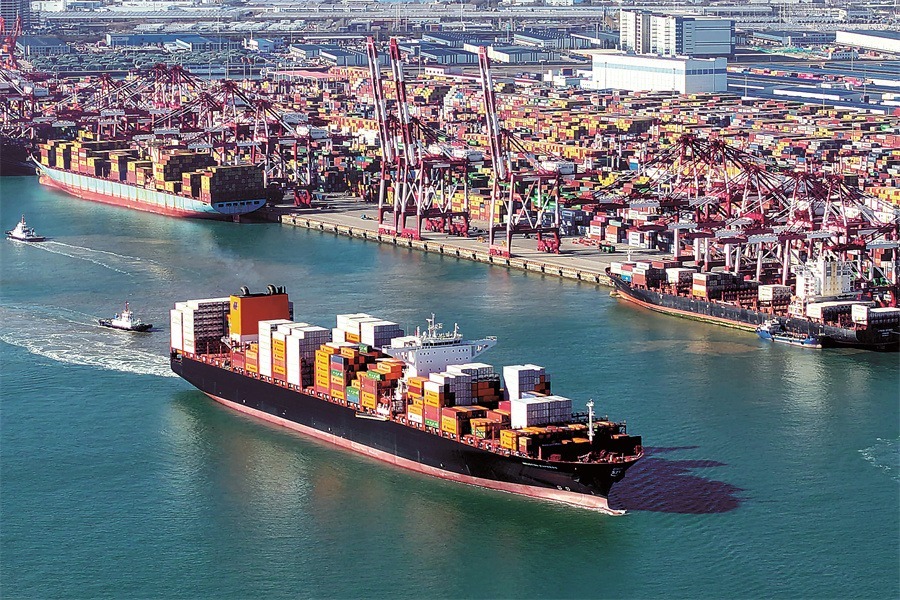
China has called on the US to decisively correct its mistake and fully abandon the erroneous approach of imposing "reciprocal tariffs"
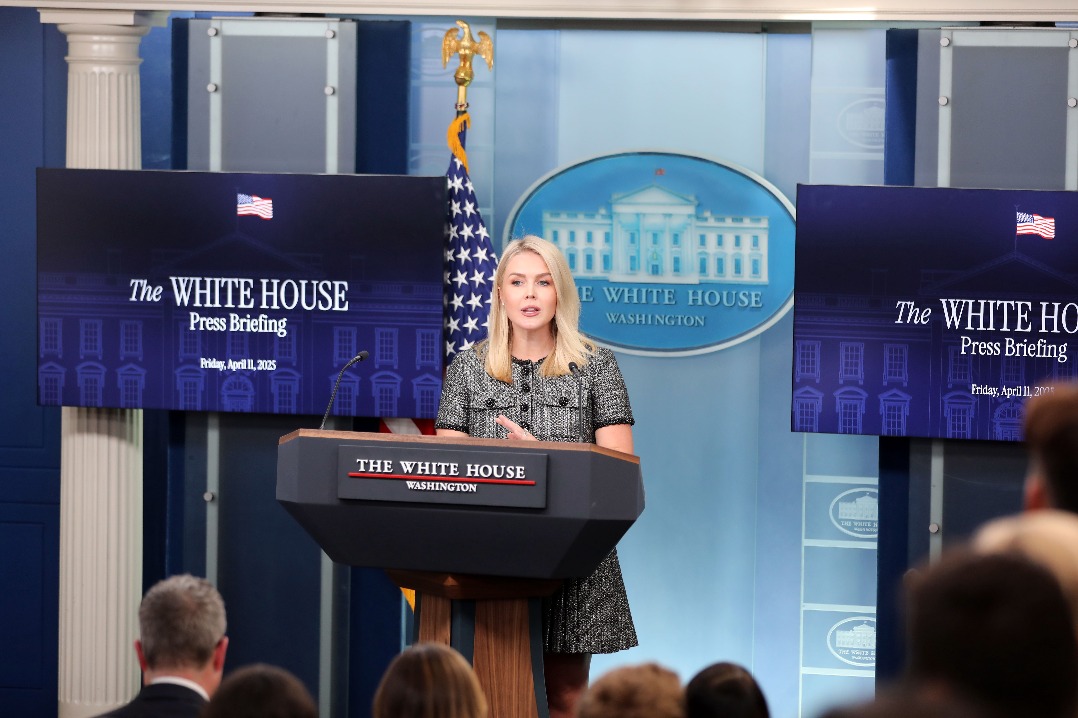
US President Donald Trump is "optimistic" about striking a trade deal with China, the White House said on Friday, as China responded to the United States' "reciprocal tariffs" by increasing its additional tariffs on US goods from 84 percent to 125 percent.
US President Donald Trump recently raised tariffs on goods from over 180 countries and regions. Earlier this week, he announced a 90-day pause on the new tariffs, but not for China. In response, China has filed a lawsuit with the WTO and taken countermeasures.
